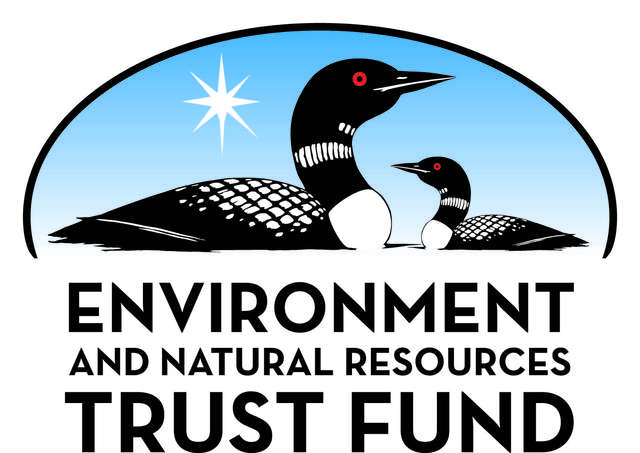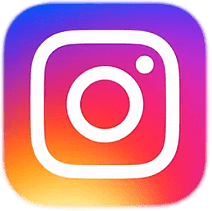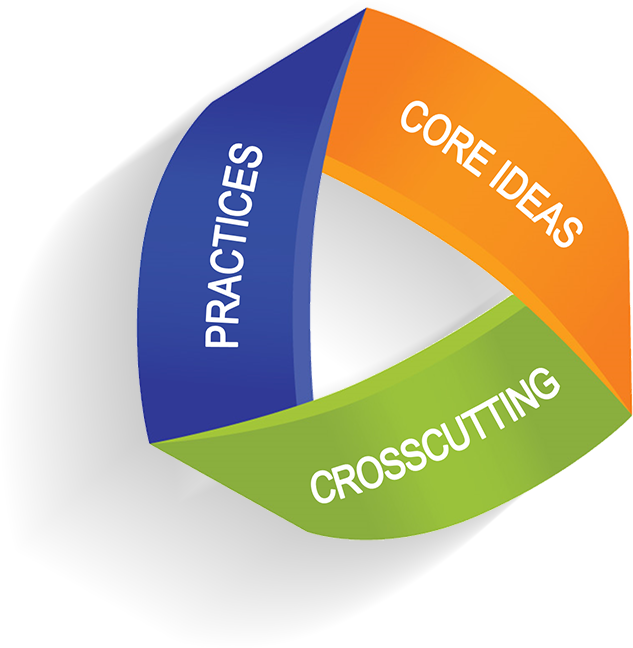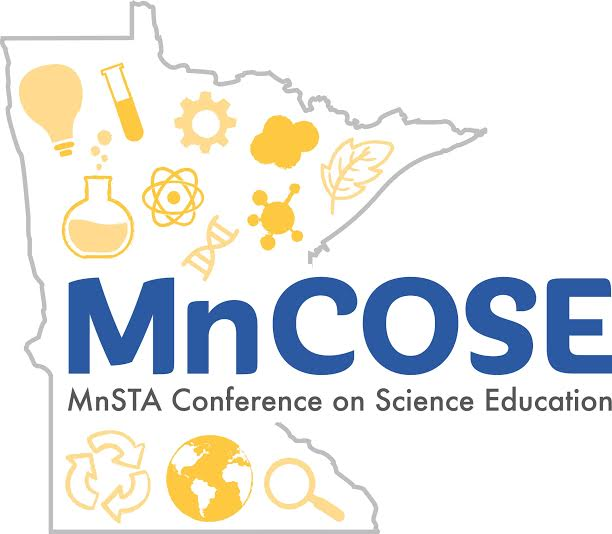Nov 7-9, 2019
"Raising the Standard of Science Education in Minnesota"
Saturday
Stephanie Madson
Title:Sphero & Ozobots
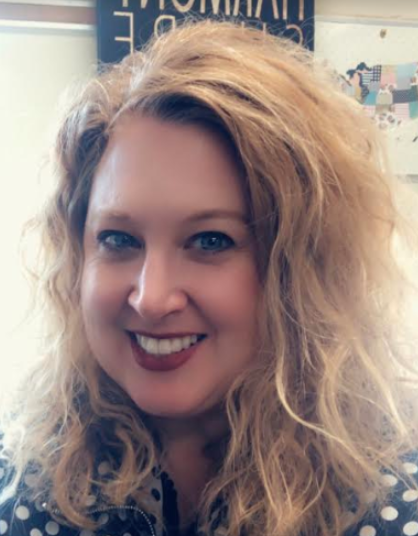
Description:
I will be utilizing Sphero and Ozobot robots, Scratch coding and Makey Makey circuit technology to show how these tools may enhance the science standards.
Biography:
Stephanie Madson is currently a teacher in District 196, where she has been teaching for 22 years. She began her career working with special needs students, spending 11 years working as a center-based teacher for DCD students. She loved differentiation and meeting the needs of special students, so she later completed a Master’s Degree at the University of St. Thomas in Gifted and Talented Education. In 2018, she attended Bethel University to complete a licensure program in Technology Education. Her passion has been in finding unique and fun ways to incorporate technology, coding and engineering into extensions to the core curriculum for her gifted and talented students.
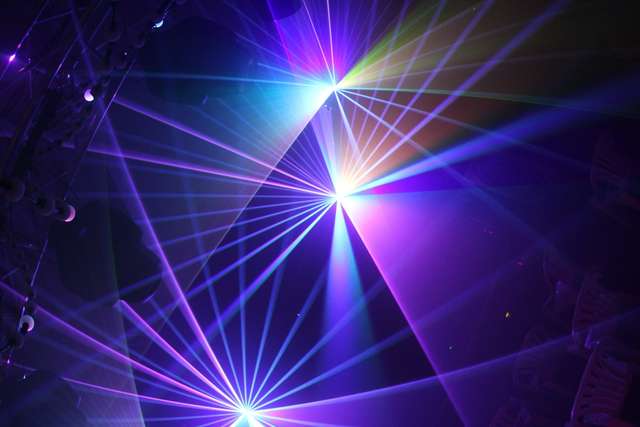
GO4ST8 Physics
Join as we explore lasters, light, and optics. We'll investigate various demonstrations and hands-on activities related to reflection, refraction, diffraction, and interference. We'll talk about fiber optics and the role they play in our daily lives. GO4ST8 Physics is a cohort of physics teachers who convene four times a year to share ideas and information for teaching physics.
Instructional Strategies for the New Science Standards
Mary Colson
Practitioner of Science, Teacher, Author
Co-chair of the MN Science Standards Review Committee
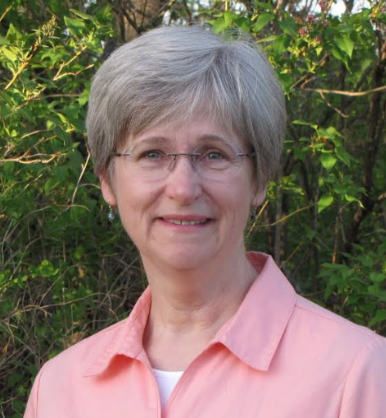
Title: How might teaching and learning change to meet the new Minnesota Science Standards?
Description:
In this workshop, we will explore some of the significant changes between the 2009 and 2019 Minnesota science standards. Among the changes is the instructional shift from students learning about science content to students engaging in the practices of science to figure out something puzzling, either regarding the natural or the designed world. To understand the impacts of this and other changes, participants will first assume the role of scientist as they engage in a series of lessons to figure out where some missing water went in a small New England watershed. Participants will then analyze their experience to look for the presence of the science and engineering practices in the watershed lessons. The workshop will conclude with a look at some of the resources that are available to support Minnesota teachers as they tackle the shift to 3-dimensional teaching and learning.
Biography:
Mary Colson is an eighth-grade earth science teacher at Horizon Middle School in Moorhead, Minnesota. During her 27 years of classroom teaching, she has engaged students with the big ideas of earth science through authentic explorations in the field and lab, typically developing her own curriculum and activities. She is coauthor of Learning to Read the Earth and Sky: Explorations Supporting the NGSS and a contributing author to Preparing Teachers for Three-Dimensional Instruction, both published by NSTA Press. In addition to teaching, Mary has been a professional development facilitator for the National Science Teaching Association and currently develops workshops for districts and teachers to support the transition to 3-dimensional learning and phenomena-based instruction. She was co-chair of the 2019 MN Science Standards Review Committee, served as a member of the NGSS writing team, has served on NSTA’s Council of District Directors, and is a former president of the Minnesota Science Teachers Association. In 2008, she received the Medtronic Foundation Science Teaching Award for Middle Level Science in Minnesota. Mary has a BS in Geology from Allegheny College, Pennsylvania and an MS in Geology from the University of Tennessee, Knoxville. She completed her teacher certification as a Lyndhurst Fellow at UT Knoxville.


